1915 Jess Willard Heavyweight Champion Watch
APPRAISER: You brought us this very interesting boxing photo and this pocket watch.
GUEST: Mm-hmm.
APPRAISER: But what's more intriguing is what's on the back of this pocket watch, and it says, "Presented to Jess Willard, heavyweight champion, Havana, April 6, 1915."
GUEST: Jess Willard was my great-grandfather. When his son, my grandfather, passed away just a few years ago, this artifact was found among his things, and my mother gave it to me.
APPRAISER: What did you know about your great-grandfather?
GUEST: That was he was the heavyweight champion for four years.
APPRAISER: Mm-hmm.
GUEST: That he originally beat Jack Johnson.
APPRAISER: Right.
GUEST: And then, four years later, lost to Jack Dempsey.
APPRAISER: Now, did you ever get a chance to meet him?
GUEST: When I was a very small child, and I don't remember.
APPRAISER: What did you learn about him growing up?
GUEST: Oh, well, it was just a big deal.
APPRAISER: Right.
GUEST: It was a big deal in our family.
APPRAISER: I know he was born in, I think it's...
GUEST: Pottawatomie, Kansas.
APPRAISER: He grew to six-foot-six.
GUEST: Yes.
APPRAISER: And 240 pounds, he was known as the...
GUEST: Pottawatomie.
APPRAISER: Pottawatomie Giant.
GUEST: Uh-huh.
APPRAISER: But he moved to Oklahoma, and he became a cowboy.
GUEST: I didn't know that! Okay!
APPRAISER: So the question is, how did he become a boxer? In 1910, he was going into town on errands, and a gentleman named J.D. Brock discovered him. He saw he was so tall and had such a great wingspan and was so strong, that he was going to make him a boxer.
GUEST: Okay.
APPRAISER: And your great-grandfather said he decided to become a boxer because he wasn't well-educated and he thought it was a good way to make a living. He could have been called the Pottawatomie Gentle Giant, because he was known to be a very gentle, laid-back person who didn't want to hurt anyone. So how ironic that he became a boxer.
GUEST: Mm-hmm.
APPRAISER: His first bout was in 1911, and he lost his first bout, but then he won the next 23 of 29. Now we're looking at, well, what was this bout in Havana that took place in April of 1915? Well, it was a bout for heavyweight champion of the world.
GUEST: Mm-hmm, mm-hmm.
APPRAISER: And it was probably one of the most dramatic and to some, controversial, bouts ever in the history of boxing. His opponent was named Jack Johnson, as you just mentioned.
GUEST: Right, right.
APPRAISER: And Jack Johnson was African American.
GUEST: Right.
APPRAISER: And he was really the first world-famous black athlete.
GUEST: Mm-hmm.
APPRAISER: Jack Johnson become heavyweight champion in 1908. He had defended his championship for seven years. He came up in what's called the Jim Crow era.
GUEST: Right.
APPRAISER: Racism was rampant. Many black athletes were not allowed to participate in any major sports. And yet, he was able, which I think is a tremendous feat, to become this heavyweight champion and to hold on to it. But because of that, there was an entire faction, unfortunately, due to racism, that was trying to unseat him.
GUEST: Right.
APPRAISER: And your great-grandfather was considered one in a line of "great white hopes."
GUEST: Right.
APPRAISER: Now, why is it in Havana, of all places? Why was it not in the United States? There was an act passed in 1910 called the Mann Act, and he was convicted of this. So the only place that they could fight in 1915 was Havana.
GUEST: Oh, okay.
APPRAISER: And they fought at a place called the Oriental Racetrack, which literally had just been opened. So in those days, fights weren't 15 rounds. They could last as long as 40 rounds. And there actually is film that exists of this.
GUEST: I have seen some of that. I want to say it went 26 rounds?
APPRAISER: Jack Johnson was winning most of the rounds. But the turning point was the 20th round. And all of a sudden, your great-grandfather started getting, you know, picking up a head of steam, and started hitting Jack Johnson more. And in the 26th round...
GUEST: Oh, okay.
APPRAISER: He hit him with a right and put him down. And it's said that Jack Johnson tried to grab on, grab hold of Willard as he was going down, but couldn't, fell to the mat. And your great-grandfather won heavyweight championship of the world.
GUEST: Yeah.
APPRAISER: Well, how does this watch come into play? The friends of Havana were so thrilled-- think of the huge windfall they got from all these people coming to town and all the tourists spending money. This was a huge event. They gave your great-grandfather-- they gave Jess Willard and Jack Johnson both these watches.
GUEST: Oh!
APPRAISER: That's why it's dated April 6, 1915. This was a show of their appreciation.
GUEST: Okay!
APPRAISER: The one that belonged to Willard, it's engraved "heavyweight champion," where, of course, Jack Johnson's is not. You know, your great-grandfather, Jess Willard, went on to a really great career the next four years. He got to defend his championship. And then, of course, he lost in a brutal bout in 1919 to Jack Dempsey. He lived a great long life; he lived till he was 87. My guess is that this is probably the only award that goes along with him winning this heavyweight championship bout. So I would put an auction estimate of $15,000...
GUEST: Oh, wow.
APPRAISER: To $25,000.
GUEST: Oh, wow, okay.
APPRAISER: Now, the watch itself is 18-karat gold. That's probably worth, without this engraving, probably about $400 to $600.
GUEST: Okay.
APPRAISER: So there's a big difference. I'd insure it for $50,000.
GUEST: Wow. Wow. That's very surprising. (laughs)
APPRAISER: The boxing market over the past few years has kind of actually gone downhill.
GUEST: Mm-hmm.
APPRAISER: There's not the same interest level, except for Muhammad Ali.

$15,000 Auction
$50,000 Insurance
Featured In
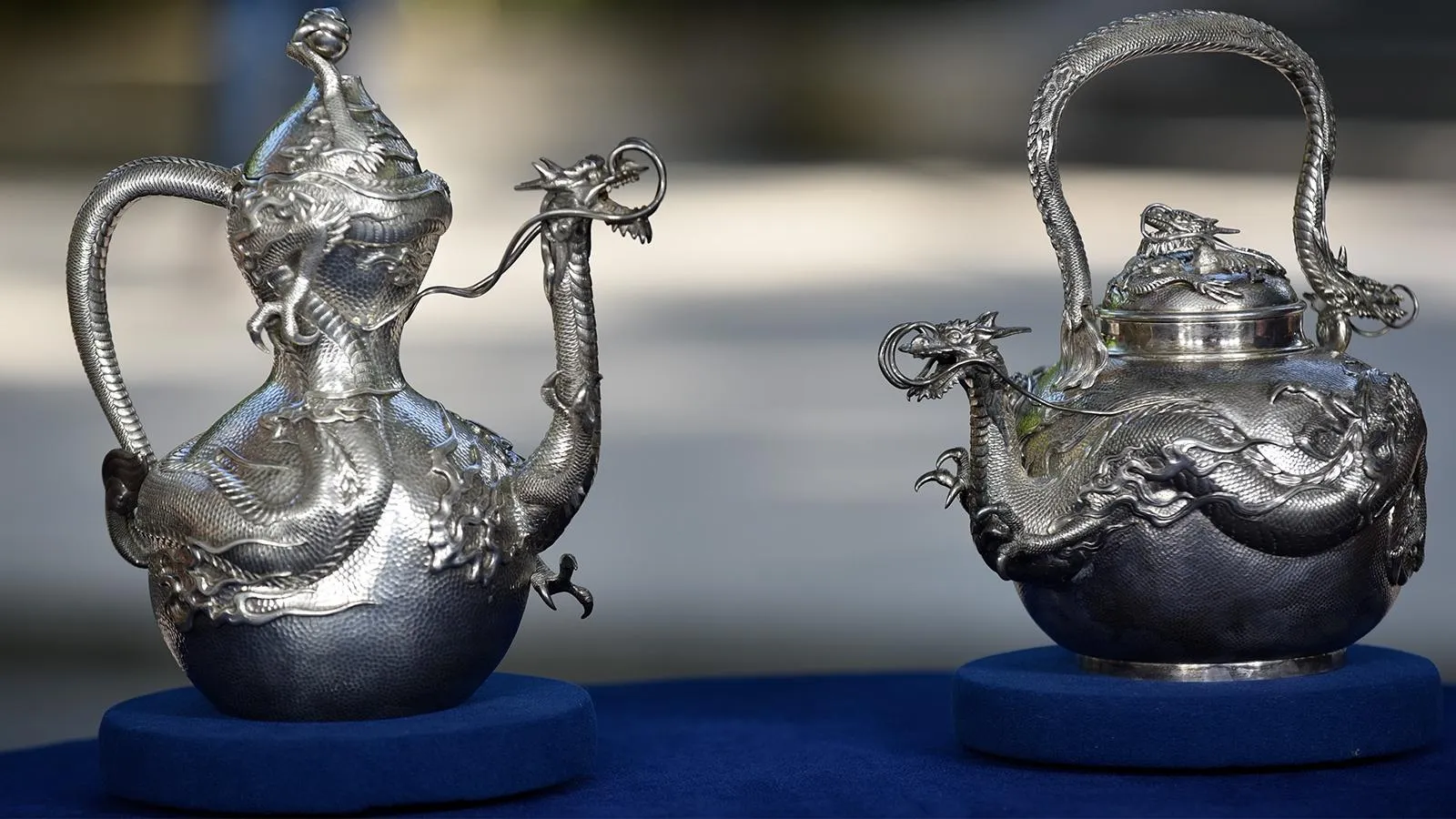
episode
Crocker Art Museum, Hour 2
See stunning Sacramento finds appraised at Crocker Art Museum like one worth $80K-$120K!
Gold
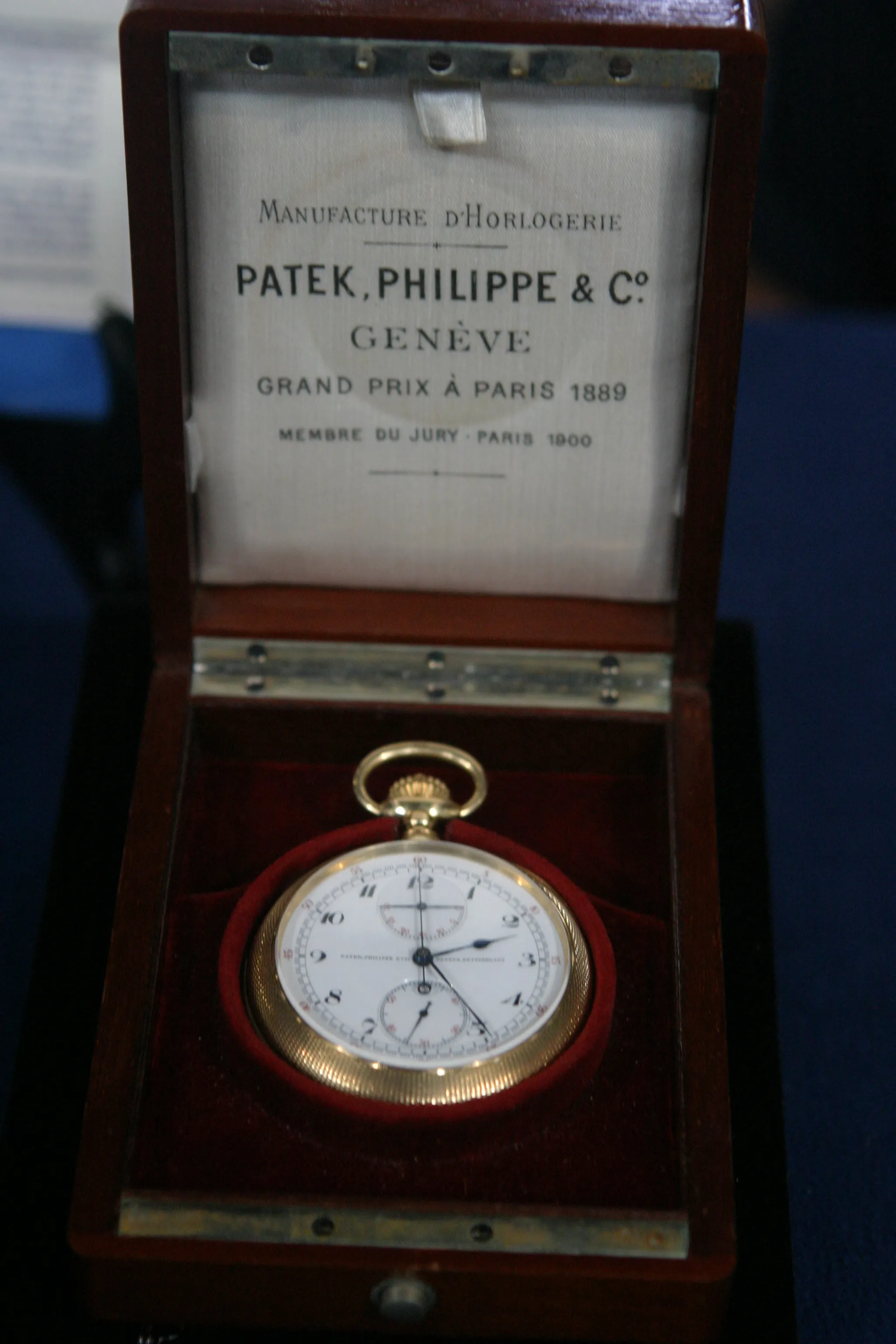
appraisal
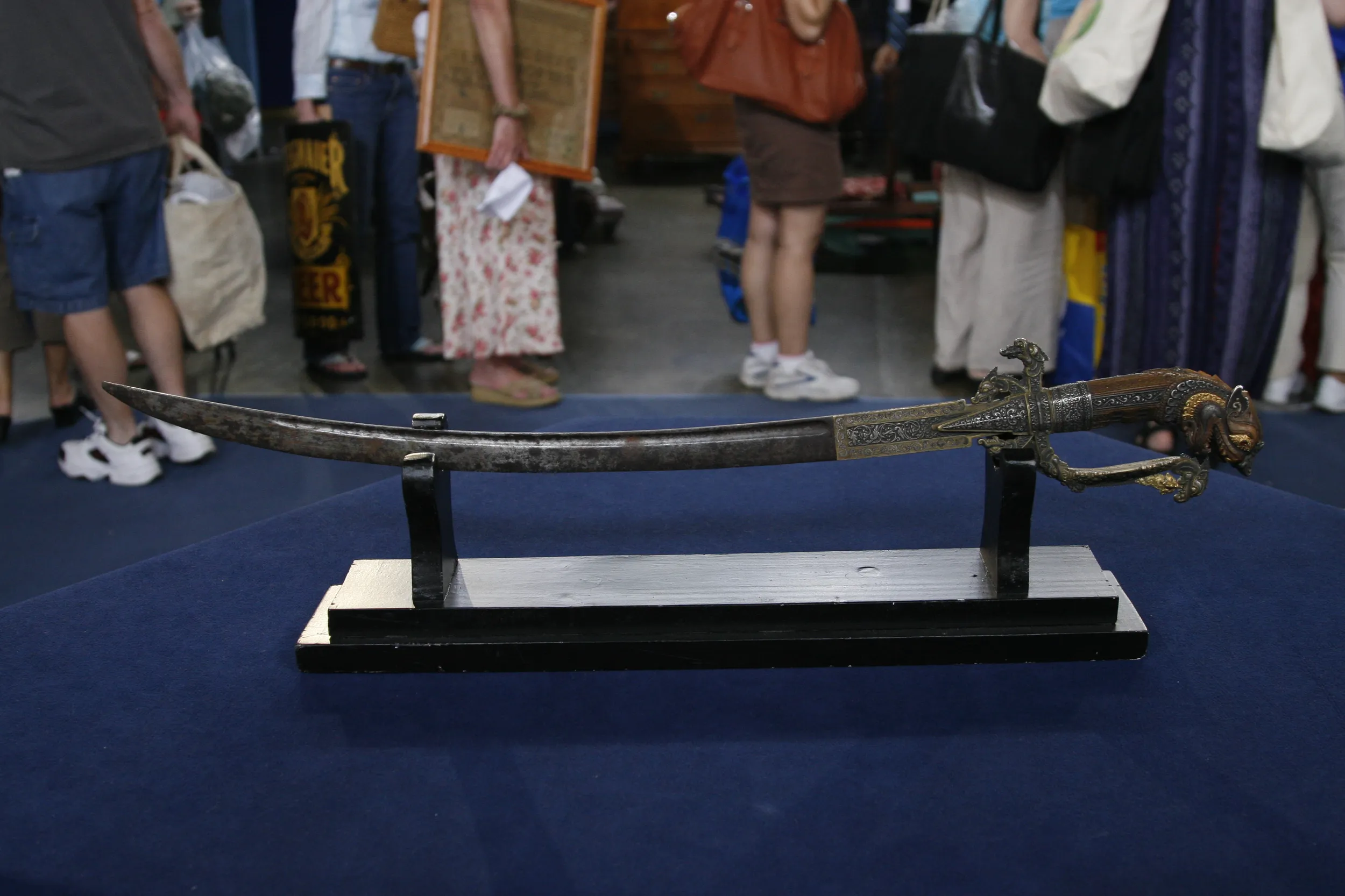
appraisal
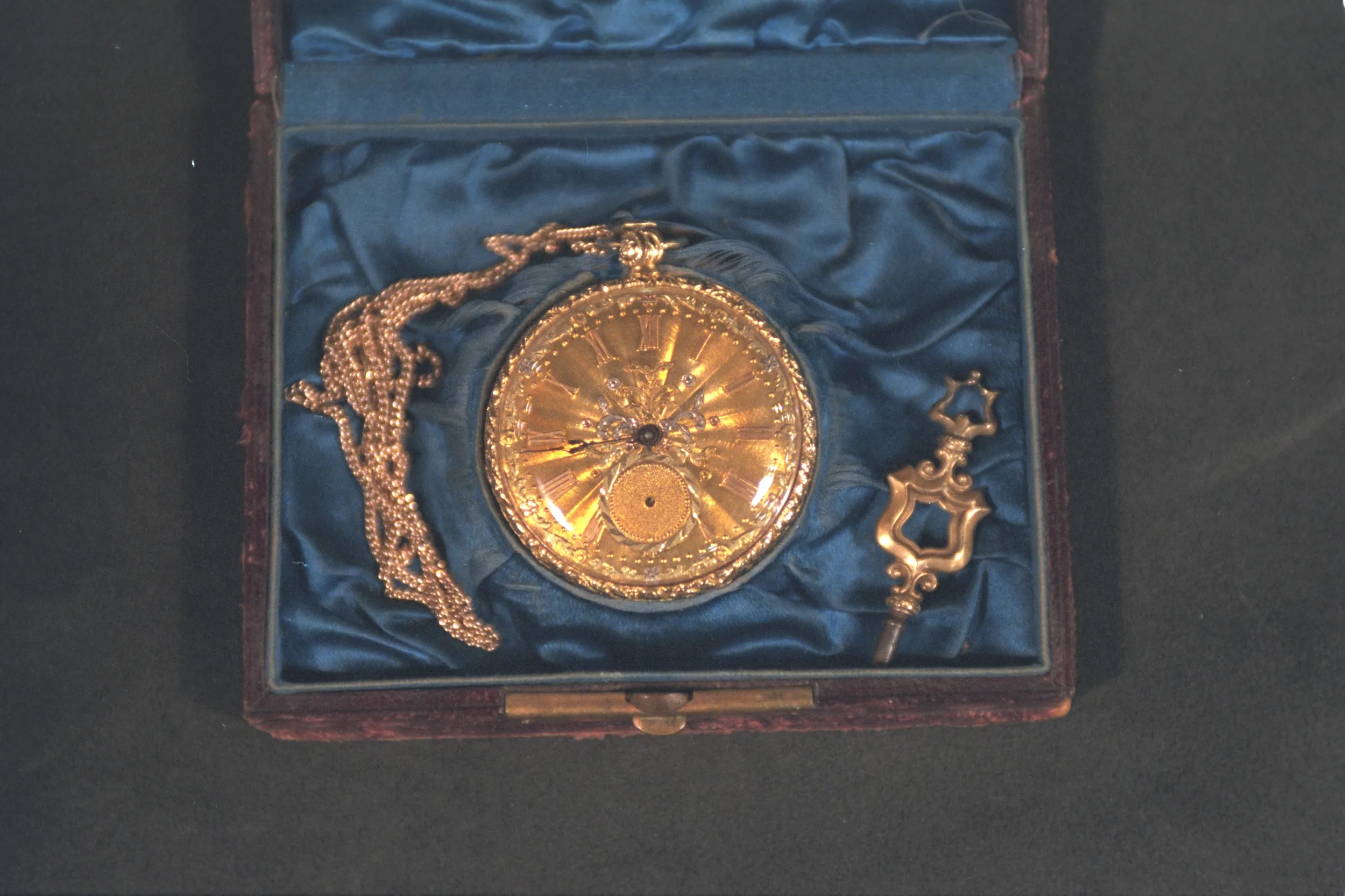
appraisal
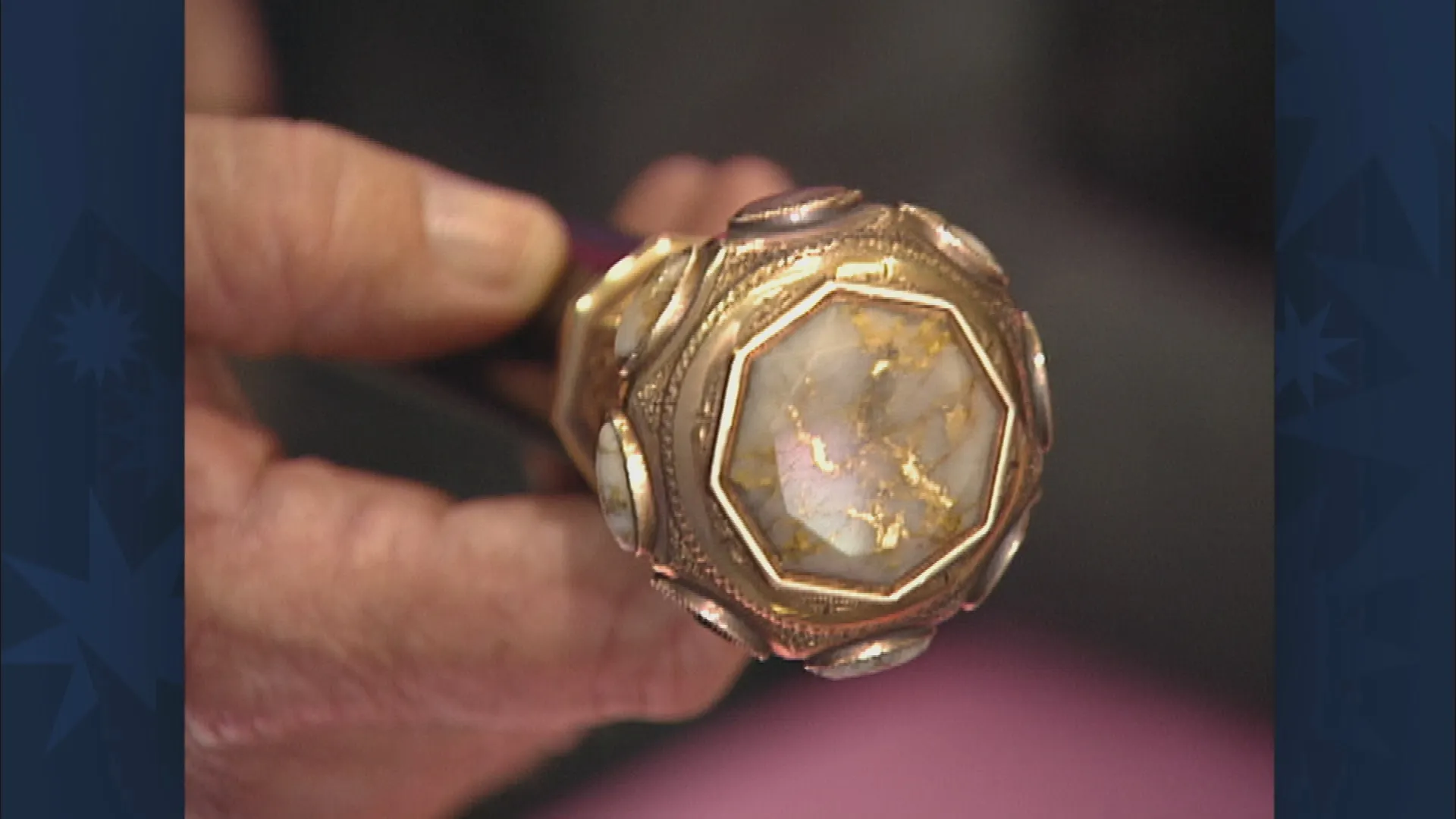
appraisal
Understanding Our Appraisals
Placeholder





